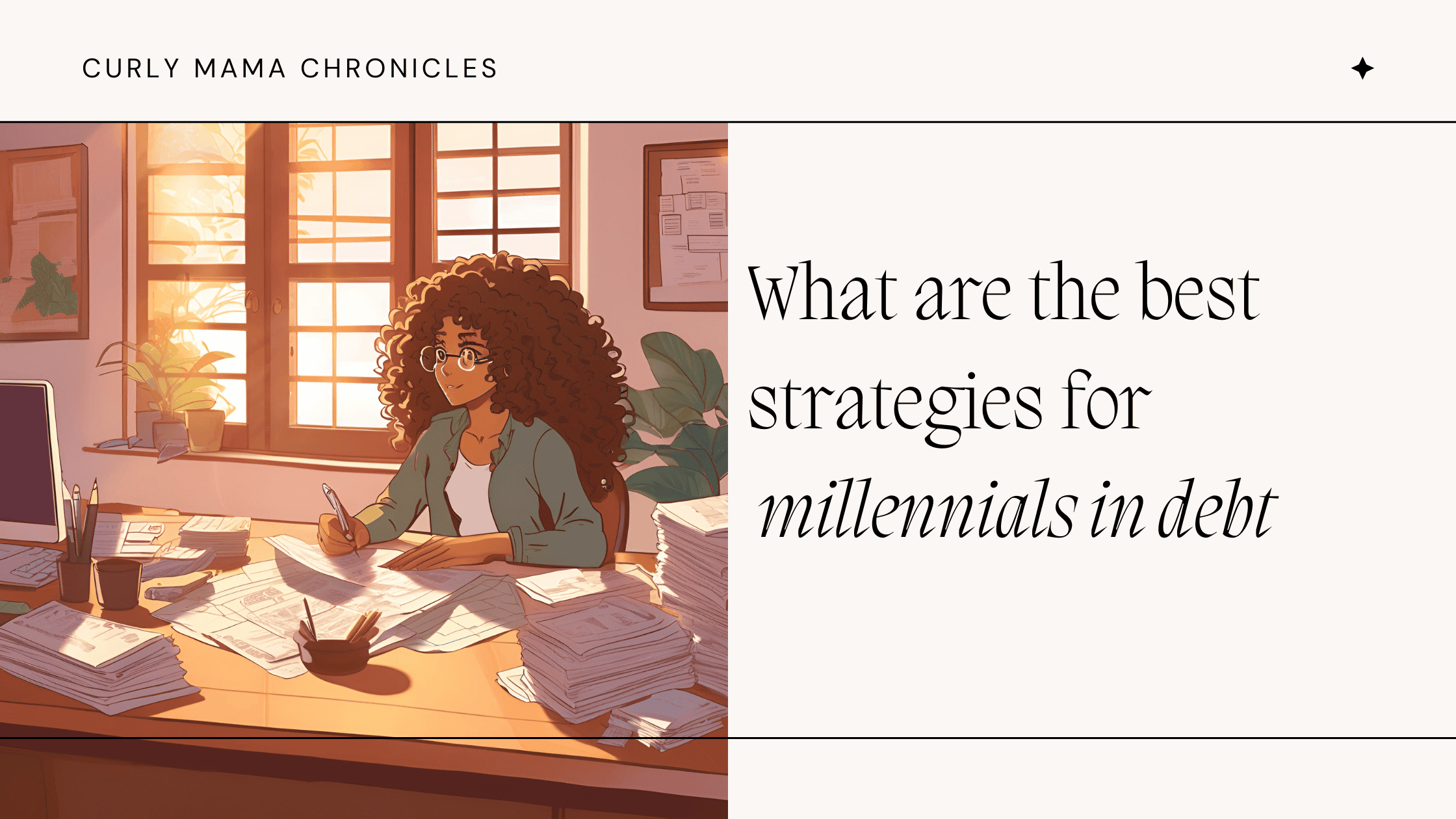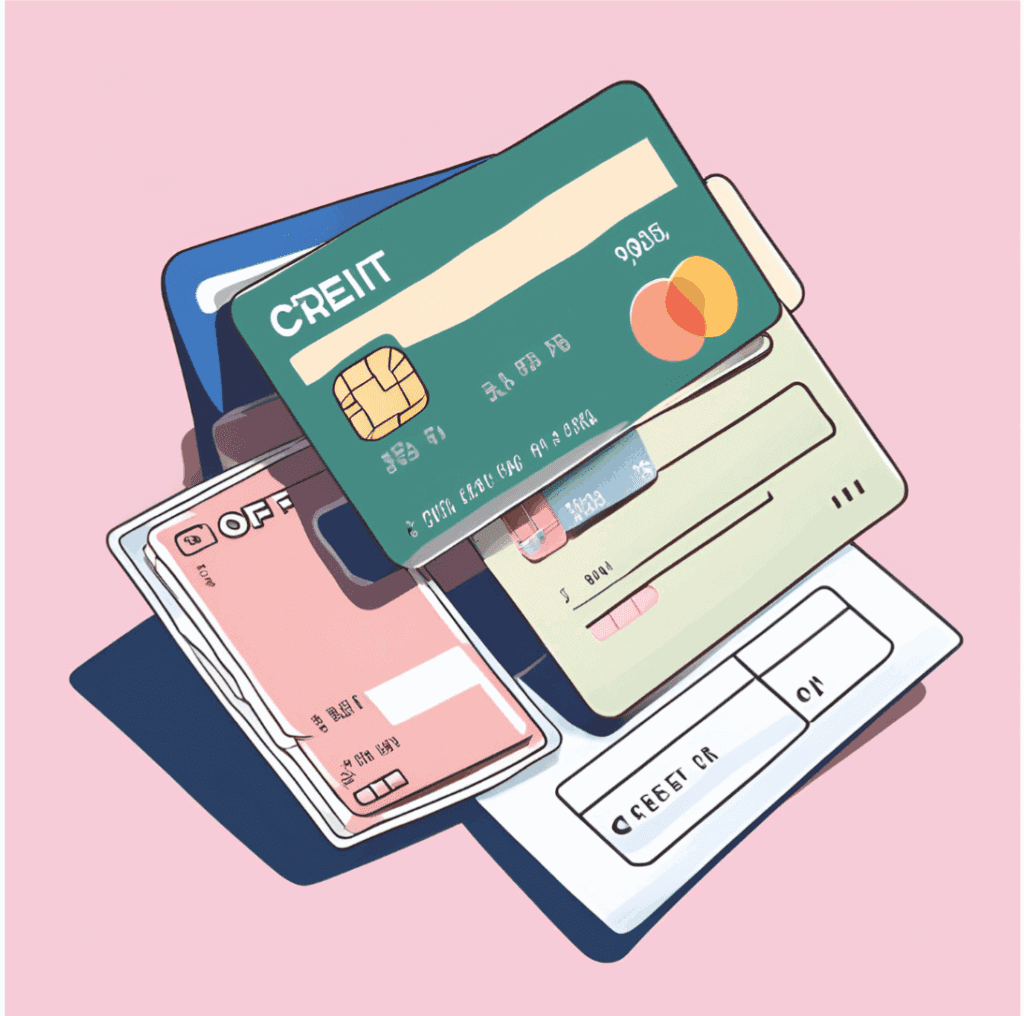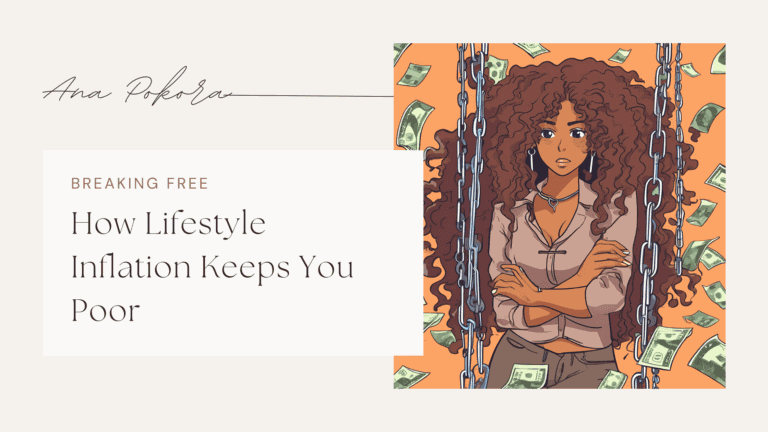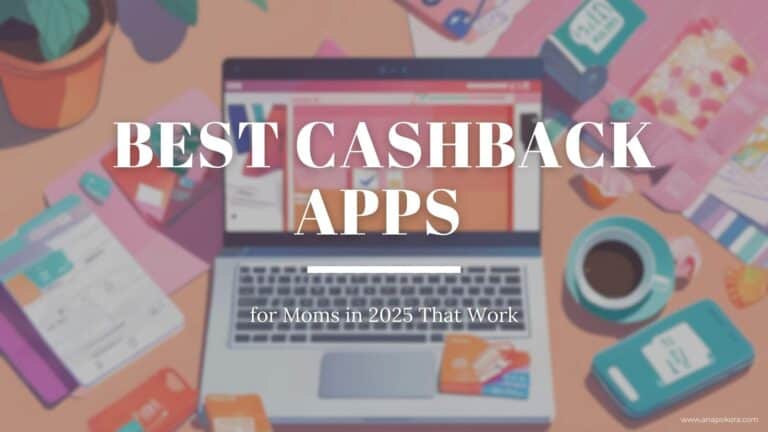What Are the Best Strategies for Millennials in Debt?
For years, I worked hard but had nothing to show for it financially. Despite having a steady income since I was 19, I didn’t start saving until my final semester of college. I had no concept of budgeting, and no idea how credit cards worked, and I ignored my mother’s financial advice in favor of my bad shopping habits.
It wasn’t until I hit rock bottom—after making costly mistakes—that I finally turned things around. In the past two years, I’ve cut my spending by more than half, rebuilt my savings, and developed healthy financial habits. Here’s how I did it and what I’ve learned.
The Costly Mistake: Joining a Pyramid Scheme
One of my biggest financial regrets was joining a pyramid scheme. I paid a large sum upfront to become a member, plus additional costs for training and materials. I completed the training, only to realize the system was rigged to benefit those at the top. It was a hard lesson, but I quickly cut my losses and got out.
I mention this because many people—my past self included—are tempted by the idea of getting rich quickly. But the truth is, there’s no magic shortcut. Even winning the lottery won’t help if you don’t have solid financial habits. Wealth isn’t just about how much money you make but how you manage it.
Starting Over: Rebuilding My Financial Habits
After that financial disaster, I knew I had to change my approach to money. The first step? Reopening my savings account. I committed to constantly depositing my tax returns if I received one.
While living with my parents, I had a unique advantage—I didn’t have to worry about rent, utilities, or a phone bill. I took full advantage of this by splitting my income:
- 50% went into savings
- 50% went toward paying off debt
Additionally, I followed two simple but effective credit card tips from a banker I met at 20:
- Always pay your credit card bill two days before it’s due.
- Always pay more than the minimum balance.
Even with these habits, my debt wasn’t shrinking fast enough. That’s when I turned to debt consolidation—for the second time in one year. Through Credit Karma and Mint, I found options that helped me manage my payments more efficiently.
Tracking Spending: The Best Budgeting Apps for Millennials in Debt
One of my biggest wake-up calls was realizing how much money I wasted on unnecessary expenses.
I started using a Clarity app that tracks my subscriptions and spending habits. It was eye-opening to see how much I spent on takeout, remarkably, on Seamless. Having that data in front of me made it easier to cut back on impulse spending.
If you struggle with overspending, I highly recommend using budgeting apps like:
- Mint – Tracks your spending and helps with budgeting.
- You Need a Budget (YNAB) – Helps allocate every dollar to a category.
- PocketGuard – Shows how much money you have left after bills and savings.
The 50/30/20 Rule: A Simple Guide to Better Finances
One of the most effective budgeting methods I’ve adopted is the 50/30/20, which divides your income into three categories:
- 50% for needs – Rent, utilities, groceries, insurance, and debt payments.
- 30% for wants – Dining out, shopping, entertainment, and hobbies.
- 20% for savings and investments – Emergency funds, retirement accounts, and extra debt payments.
By following this rule, I’ve avoided the embarrassment of borrowing money and improved my financial health significantly.
My Step-by-Step Guide to Getting Out of Debt
If you’re struggling with debt, here’s a simple approach that worked for me:
1. Calculate Your Total Monthly Income
Before making any changes, you must know precisely how much money you bring in. This includes:
- Your Salary
- Side Hustles
- Tax returns
- Any other income sources
Knowing this number will help you set realistic budgeting goals.
2. List Your Monthly Bills
Write down all your fixed expenses, including due dates. I use an Excel spreadsheet to keep track. Every time I get paid, I update the sheet and subtract bills from my balance. This helps me avoid late fees and overdrafts.
3. Adjust Your Bill Due Dates (If Possible)
If your accounts allow it, move due dates to align with your pay schedule. For example, if you get paid twice a month, try to have bills due shortly after payday to ensure they’re covered.
4. Identify Necessary vs. Unnecessary Spending

Break down your monthly expenses into two categories:
- Necessities – Rent, groceries, gas, insurance, medications, etc.
- Non-essentials – Streaming services, takeout, online shopping, etc.
Cut back where possible and focus on needs first.
5. Allocate Leftover Money Wisely
Once your bills and necessities are covered, distribute any leftover money strategically:
- Pay extra toward debt.
- Add to your emergency fund.
- Save for future goals.
- Treat yourself—just within reason!
Tackling Credit Card Debt: Two Effective Strategies
One of my biggest challenges was paying off credit card debt. Here are two strategies that helped me:
1. Use a 0% Interest Balance Transfer Card
If you qualify, transferring your balance to a 0% APR card can save you money on interest. Just be sure to:
- Pay off the balance before the promotional period ends.
- Avoid using the card for new purchases.
2. Consider a Personal Loan for Debt Consolidation
Taking out a personal loan to pay off high-interest credit cards can lower your payments. But only do this if you’re disciplined enough to avoid new credit card debt. If necessary, cancel some credit cards to remove the temptation.
FAQs about Millennials in Debt
How do I start budgeting if I’ve never done it before?
Start by tracking your expenses for a month. Use a budgeting app like Mint or YNAB to categorize your spending. Then, follow a simple budget like the 50/30/20 rule to allocate your income wisely.
What’s the best way to get out of credit card debt?
Two effective strategies are:
Debt consolidation loans – Combines debts into one lower-interest payment.
Balance transfer cards with 0% interest – Helps you avoid high-interest charges.
Should I save money while paying off debt?
Yes! Even if you’re paying off debt, always contribute something to savings—at least $10–$50 per month. This prevents you from relying on credit cards in emergencies.
How can I stop impulse spending?
Try these strategies:
Limit credit card use and switch to cash for daily expenses.
Use a waiting period (wait 24–48 hours before making non-essential purchases).
Unsubscribe from marketing emails to reduce temptation.
What are the best free apps for managing money?
Mint – Budget tracking and expense categorization.
Clarity Money – Identifies subscriptions and spending patterns.
PocketGuard – Shows how much money you have available to spend.
What’s the easiest way to start saving money?
Set up automatic transfers to a savings account right after payday. Even small amounts add up over time!
Changing Your Habits for Financial Success
The biggest financial lesson I’ve learned is that income isn’t the problem—your spending habits are. By tracking expenses, budgeting wisely, and being intentional with money, you can take control of your finances and avoid falling into debt.
These changes have transformed my financial life, and I hope they can help you too.
What are your best tips for improving financial health? Please share them in the comments below!
Want a break from numbers and budgeting?
Check out my latest post on hair growth, minimalism, and how veganism impacted my journey. Personal development isn’t just about your wallet.
Let’s Make Inbox Magic
Join my circle to unlock the Curly Mama Freebie Library, your all-access pass to printables, checklists, and resources made for busy moms and curly hair lovers.
Already subscribed? Click here to access the Freebie Library.








thank you!!
Your welcome 🙂
this was a pretty good read Ana! Love it!
Thank you so much for the feedback!
The Total Money Makeover by Dave Ramsey. It’s a great read. You can find it at almost any local library or the audio-book for free on Youtube.com. We are currently following the Baby Steps to gain financial freedom and have paid off over $18,000 in 6 months. I blog about our journey and tips along the way on nerdymommyof4.com
Thanks for the tip I would love to learn more about your journey. I will totally check out your blog!